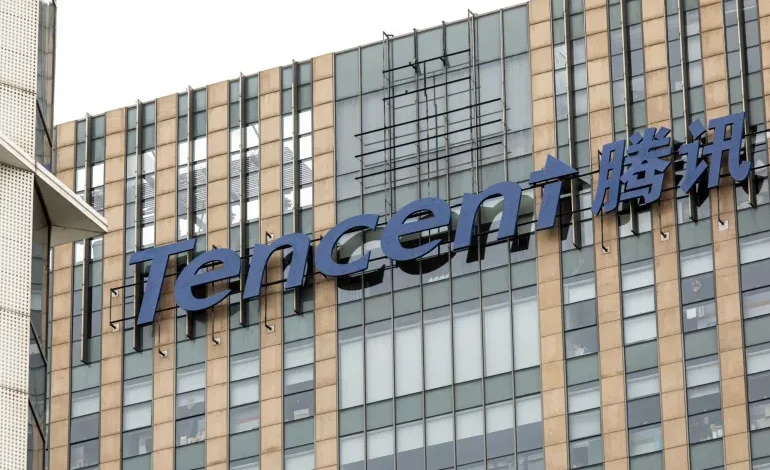China considers revising gaming rules after tech giants lose billions

Chinese authorities have said they may revise newly drafted online gaming rules shortly after the planned restrictions caused major tech companies to lose billions of dollars.
State broadcaster CCTV reported on Saturday that the authorities have heard the “concerns and opinions raised by all parties”, adding that “the State Press and Publication Administration will study them carefully and further revise and improve them”, referring to the media regulator.
The authorities released a draft on Friday with a wide range of rules and regulations aimed at curbing online spending and rewards in video games.
Its impact was immediate, dealing a massive blow to the world’s biggest games market. Investors went into a tailspin, leading to as much as $80bn in market value being wiped off from China’s two biggest companies, industry leader Tencent Holdings and Netease.
According to the new rules, online games would be banned from giving players rewards if they log in every day, if they spend on a game for the first time, or if they spend several times on a game consecutively. All are common incentive mechanisms in online games.
CCTV reported that regulators may now change the wording of sections of the draft rules that limit the ability to encourage daily logins and wallet top-ups.
China has become increasingly tough on video games over the years.
Its first major move against the gaming sector came in 2021, when Beijing set strict playtime limits for under-18s and suspended approvals of new video games for about eight months, citing gaming addiction concerns.
As a result of the crackdown, 2021 and 2022 were the most difficult years on record for the Chinese gaming industry as total revenue shrank for the first time.
China revised its position last year and started approving new games again, but regulators have continued to set their sights on curbing the time children play in-game and the amount of money they spend.
As part of Friday’s draft, which signifies the strictest limits yet, games are also banned from offering probability-based draw features to minors, and from enabling the auction of virtual gaming items.
The new rules reflected Beijing’s concerns about user data, requiring game publishers to store their servers within China.
The draft comes as China’s video game market has returned to growth this year as domestic revenue rose 13 percent to 303 billion yuan ($42.6bn), according to the industry association CGIGC.
Due to the sheer size and impact of Chinese gaming giants, the global video games market could also be affected in the long run.
Several United States and European video games developers saw shares take a hit after Friday’s announcement, but the losses were small when compared with Tencent’s 16 percent tumble. Friday’s news wiped about $54bn off the company’s share value, according to Bloomberg News.










